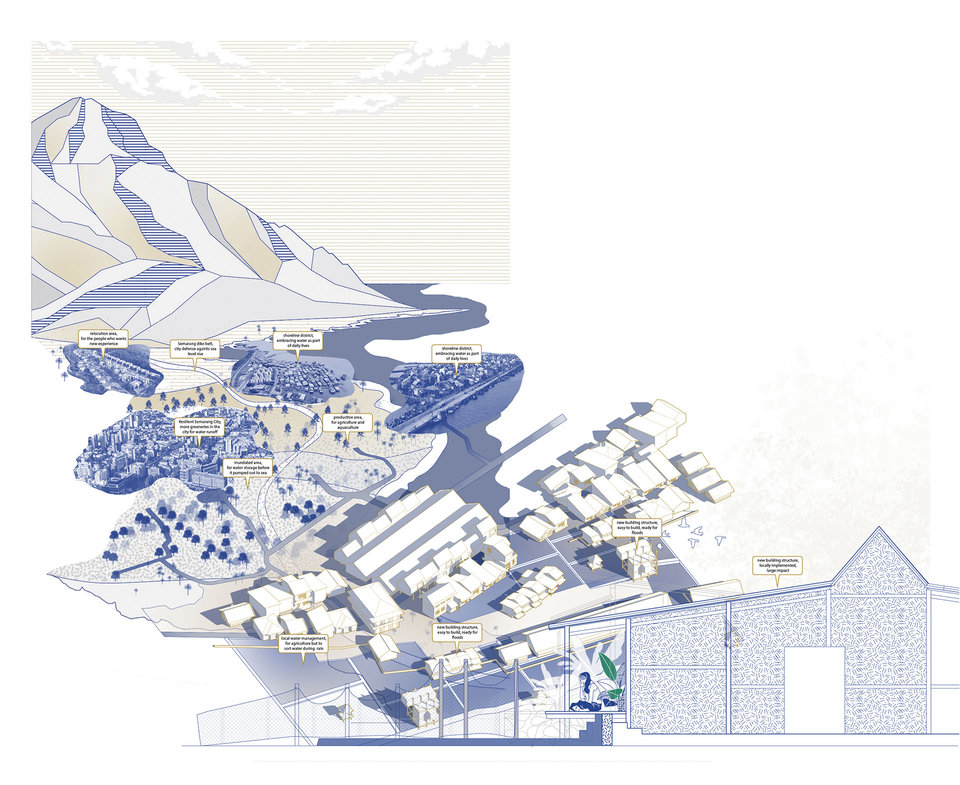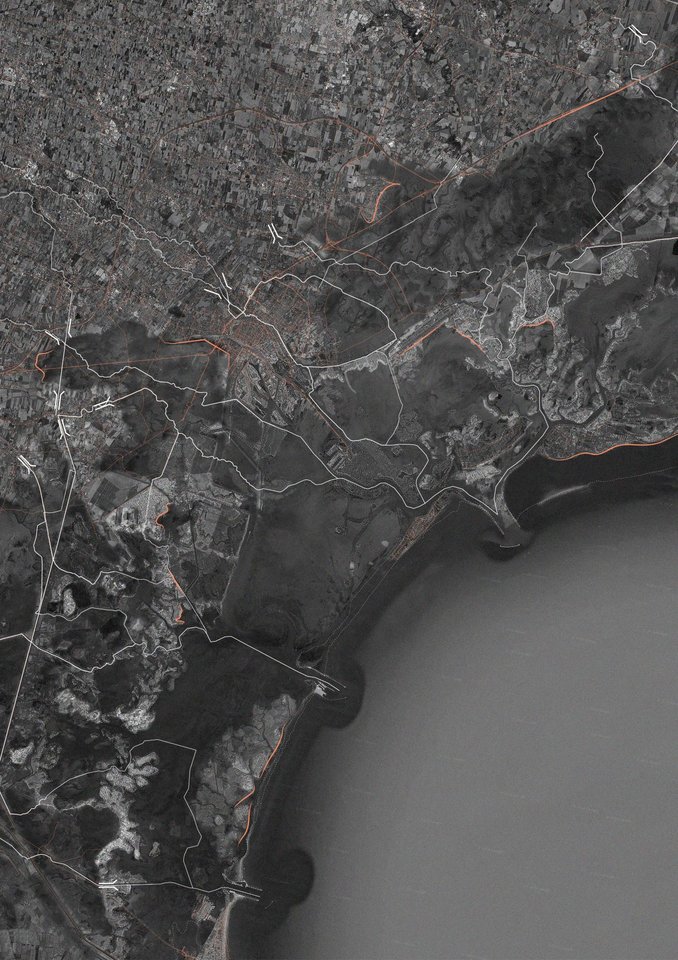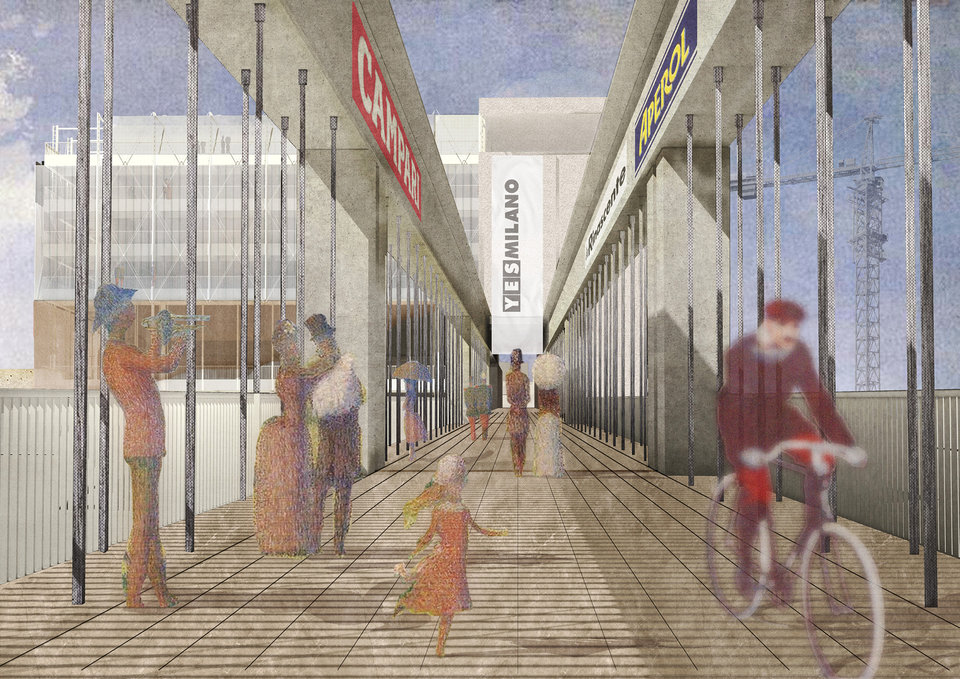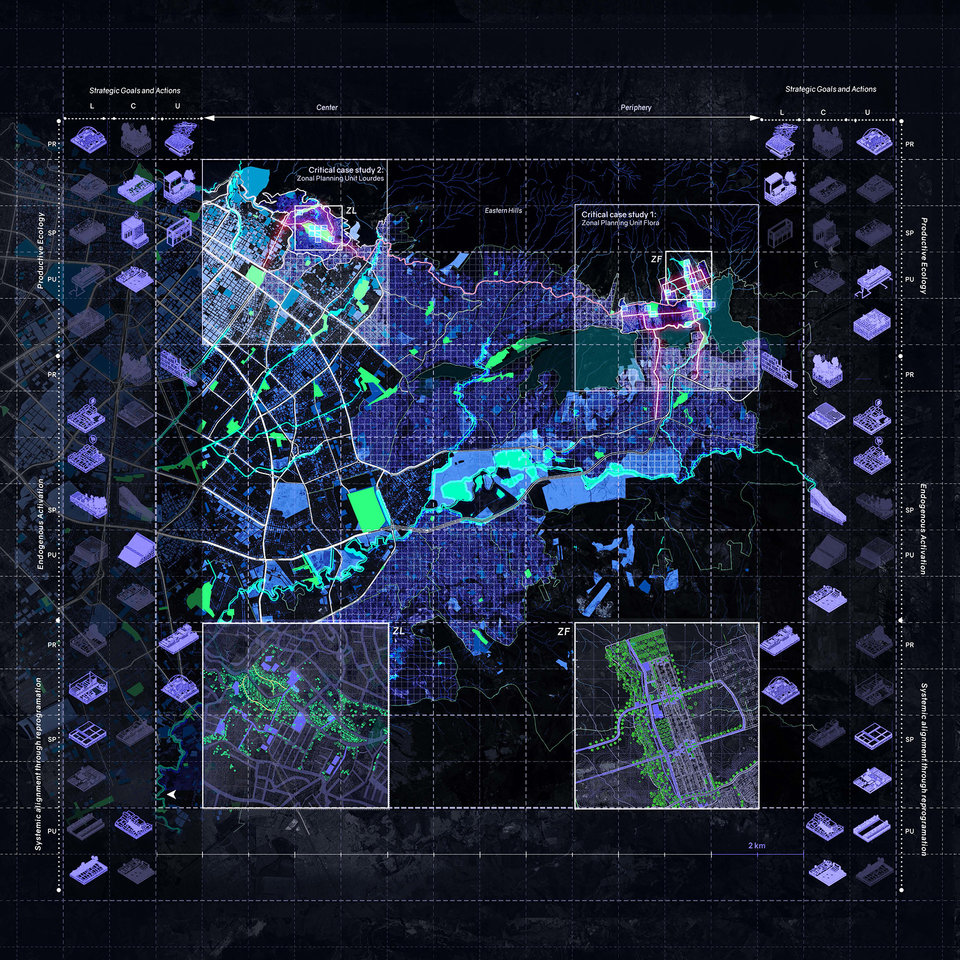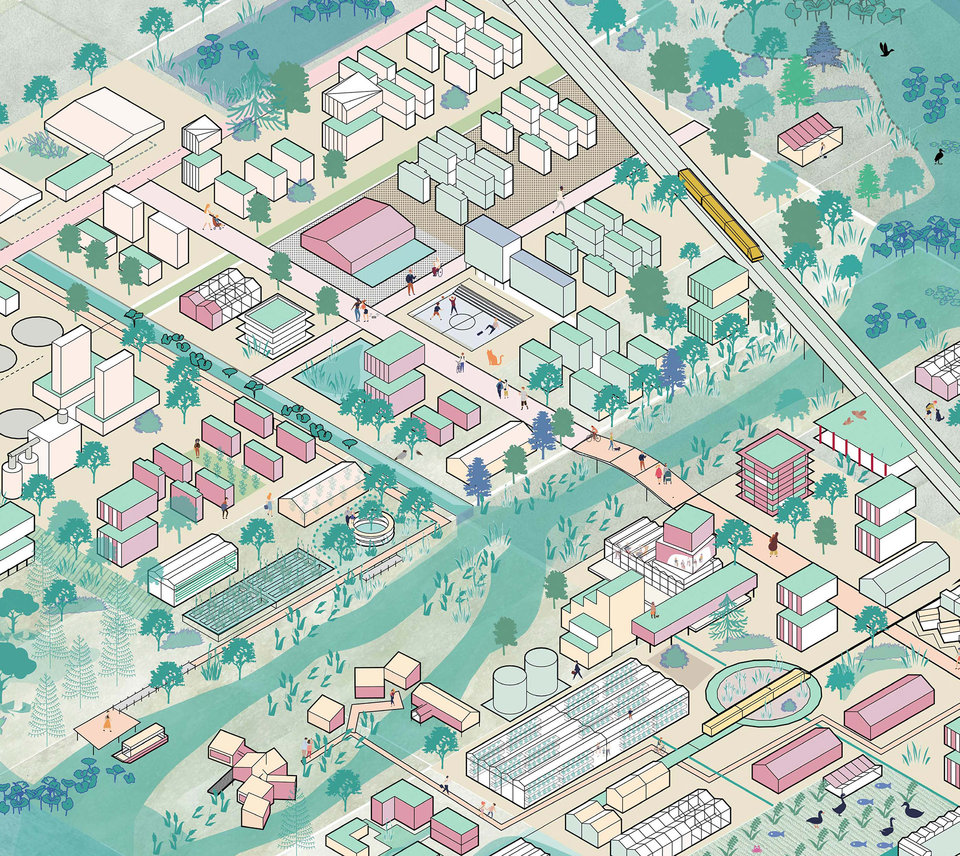Graduation
During the second year, students work in the Urbanism graduation lab on an individual graduation project on a topic that reflects the research priorities within the urbanism research themes. This is a content driven specialisation with the purpose to acquire further knowledge, skills and experience dealing with the chosen topics.
Topics reflect the research programme of the department. The research programme and the Urbanism graduation lab are connected via studios. The studios provide a structured setting in which guidance and tutoring takes place. Graduation projects may focus on several scales, from regional strategic visions to neighbourhood redevelopment projects and may include local trends such as sustainable mobility, urban renewal, shrinkage and densification with an understanding of global trends, such as economic globalisation, re-urbanisation and densification, climate change, demographic trends and the energy transition.
Content-driven activities for all students
The graduation year includes a graduation orientation course, which supports the students in setting up their personal graduation project, as well as a graduation exploration course, in which students choose to attend a series of workshops which provides them skills and knowledge supportive to execute their graduation project.
Studios connected to the research groups
In the first quarter, and according to their topic of interest, students will be assigned to work with the research groups in studios where they will work closely with researchers specialised in their specific topic. The students will choose their main graduation mentor from this studio, and a second mentor from a different section.
Additionally, every studio organises theme specific activities, such as lecture series where practitioners and academics from other research institutions present relevant issues and their latest results and experiences, masterclasses dedicated to improve students’ skills (such as GIS, GPS tracking, making a poster, visualisation, other methods, etc.) and peer review sessions.
